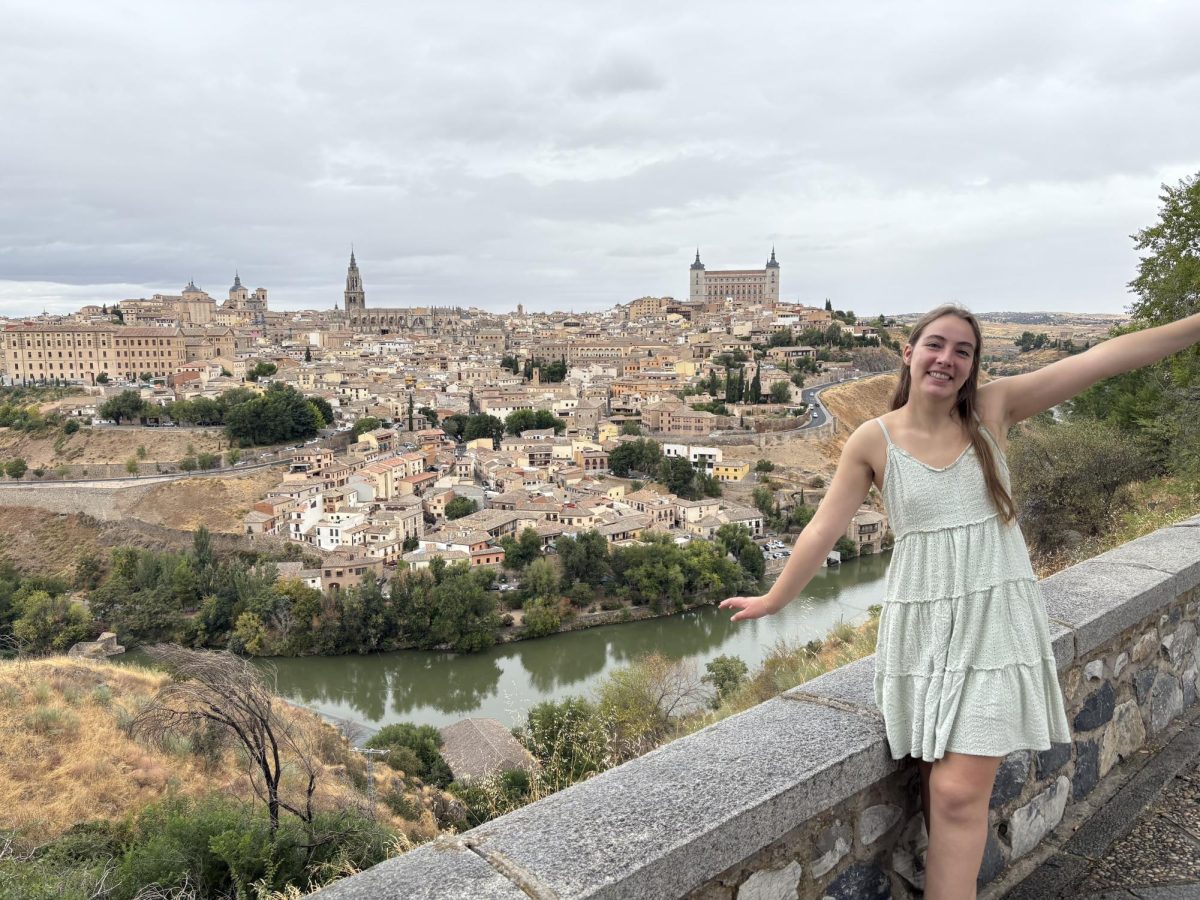“Firsts” in United States History
The 2018 Midterm Elections diversified elected officials across the board
Before the results came in, the midterm elections had a record number of women on the ballot and it seemed that races across the country were bound to diversify elected officials in Congress and in state positions. Election night 2018 resulted in many groundbreaking victories for Muslim, African American, Hispanic, female, Native American and LGBT candidates.
Rashida Tlaib and Ilhan Omar became the first Muslim women to serve in Congress. Tlaib, the first Palestinian-American congresswoman, won Michigan’s 13th Congressional District. Omar, the first Somali-American congresswoman and former refugee, won Minnesota’s 5th Congressional District. Keith Ellison was elected Attorney General of Minnesota, becoming the first Muslim statewide elected official in the United States.
Ayanna Pressley became Massachusett’s first black member of Congress, representing the 7th Congressional District of Massachusetts. Jahana Hayes became the first black congresswoman elected to represent Connecticut in the House of Representatives. Joe Neguse became the first black congressperson to be elected from Colorado, representing the 2nd Congressional District of Colorado. Letitia James became the first black woman to be elected Attorney General of New York. Kalan Haywood was elected as a state legislator in the Wisconsin State Assembly, becoming the youngest state legislator in the United States.
Veronica Escobar and Sylvia Garcia became the first two Hispanic women to represent the state of Texas in Congress. Escobar represents Texas’ 16th Congressional District while Garcia represents Texas’ 29th Congressional District. Texas’ Michelle Lujan Grisham became the first Latinx woman elected governor, winning the race for governor of New Mexico.
Janet Mills became Maine’s first female governor, serving previously as Maine’s attorney general. Kristi Noem became South Dakota’s first female governor after previously serving as South Dakota’s at-large member of Congress. Marsha Blackburn became Tennessee’s first female senator, serving in the House of Representatives. Alexandria Ocasio-Cortez became the youngest woman to serve in Congress, representing New York’s 14th Congressional District. Abby Finkenauer became the first woman Iowa has ever elected to the House of Representatives. There were over 90 women elected to the House of Representatives, more than any other election in United States history.
Deb Haaland and Sharice Davids became the first Native American congresswomen on November 6th. Haaland is one of the first two Native American women to serve in congress. She is a member of the Pueblo of Laguna tribe in New Mexico. Davids won the race for Kansas’ 3rd Congressional District. Davids is making history not only as one of the first two Native American women to serve in Congress, but she is the first openly LGBT congresswoman from Kansas.
Jared Polis became the first openly gay male governor after winning the race for Colorado governor. He is also Colorado’s first Jewish governor. Oregon Governor, Kate Brown, who identifies as bisexual, is the only other LGBT politician elected governor. Chris Pappas became the first openly LGBT person to be elected to Congress from New Hampshire. Angie Craig became the first openly LGBT person to be elected in Minnesota, representing Minnesota’s second Congressional District.
No matter the political party, there were many first wins across the board on Tuesday, Nov. 6 and a record-breaking voter turn out. Roughly 47-percent of the voting-eligible population cast a ballot in the 2018 midterm elections. It was the highest turn out for the midterm elections since 49-percent of the voter-eligible population showed up in 1966.
Caption: The 2018 Midterm Elections had a record-breaking number of voter turnout and newly elected officials diversified representation in the US.






























